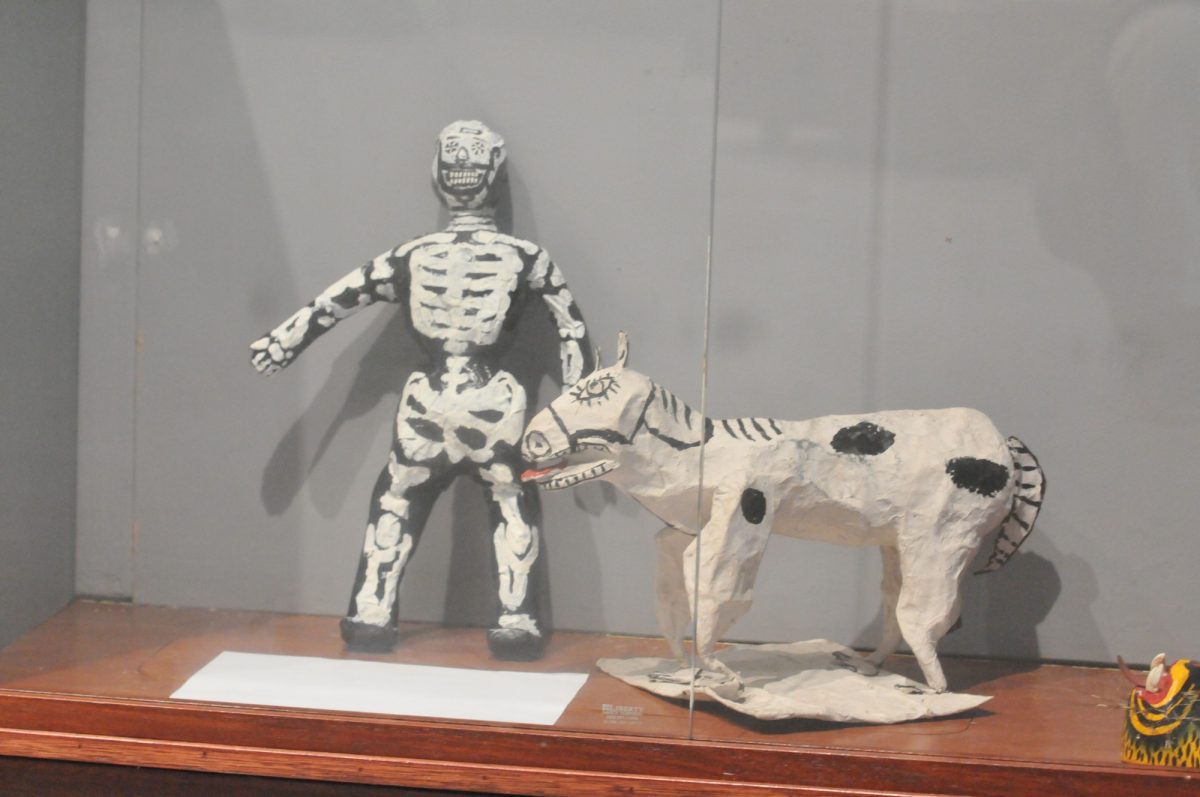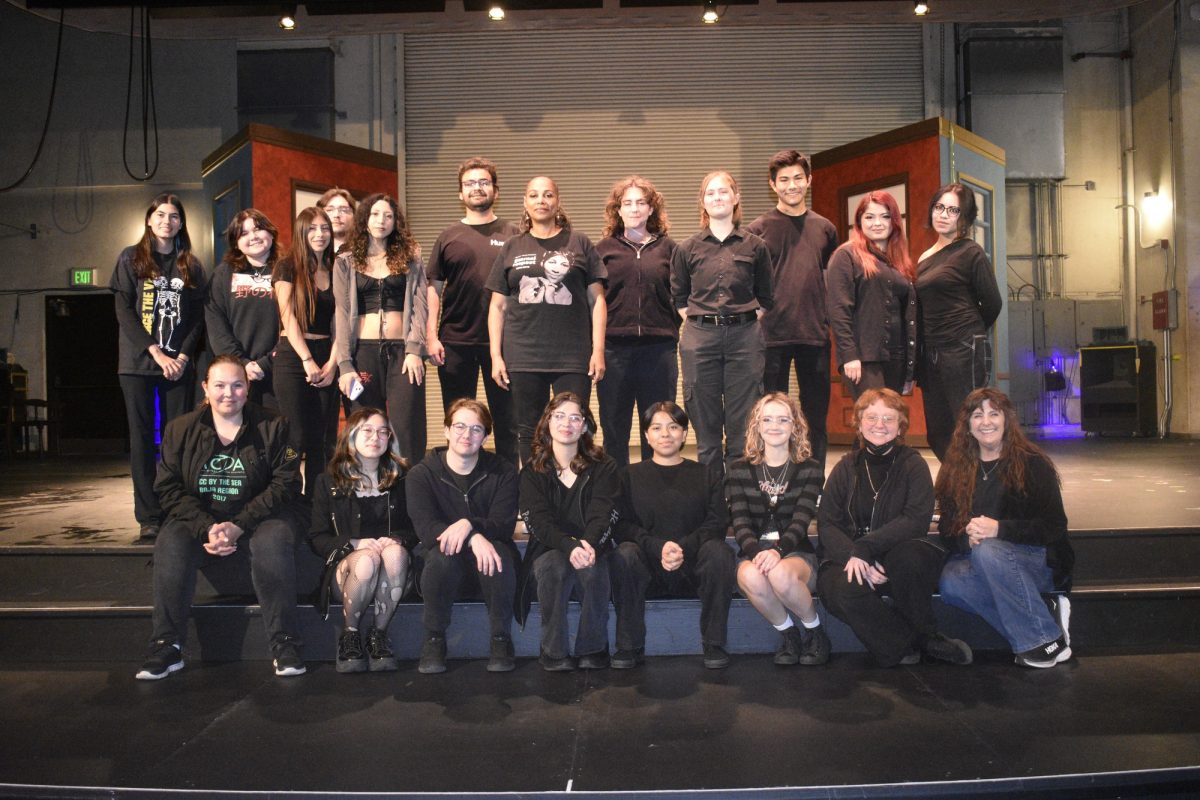Eyes begin to slowly turn towards the lone, unguarded paper of the unsuspecting student sitting next to them. Suspiciously, his test sheet is marked identically to that of the student beside him.
Upon the professor’s review, a few words instantly stand out in the essay; far too academic, far too professional, far too perfect for any student to write.
For many instructors and professors, it’s a familiar sight: cheaters are out there, and, for justice’s sake, many of them are being caught red-handed.
“I make my living evaluating student writing, so I can tell the difference between extremely good student writing and professional writing,” Cynthia Somin, English professor, said. “It’s extremely easy to detect. I consider myself an expert at it, in fact.”
Cheating is a problem still very prevalent today, as Somin said she catches on average of about three students every semester.
“Cheating probably happens more often than I’m comfortable admitting,” Sean Donnell, English professor, said via e-mail.
He added that he, too, catches students plagiarizing every semester, and has caught a student every semester since he started teaching here.
Several variables can prompt a student to cheat, many of them psychological.
“Where you have desperation and a need to meet a deadline, it definitely becomes possible,” Aminah Abdul-Jabbaar, film professor, said.
That desperation can manifest itself because of several things, one of which is to get a good grade, Donnell said.
“Some students just feel the pressure to do the best they can, no matter the consequences,” Donnell said, adding that he believes some students cheat out of pure laziness.
With technology rapidly advancing, cheating is just one click away but so is catching cheaters.
“The school has a subscription to Turnitin.com,” Somin said.
The website, aimed towards instructors, has more than 130 million student papers indexed with over 13 billion web pages archived for cross-checking plagiarism, according to its front page.
English instructors in particular have had to adjust their essay prompts in an effort to detract plagiarism and force students to write their own work.
“I try to keep my assignments unique and original enough so that students have a difficult time finding something online that conforms to my paper topics,” Donnell said.
Somin and Donnell said they make sure to clearly state the college policy about cheating at the beginning of each semester, but that students still try to cheat and, when caught, plead innocence.
Besides college policy of filing an academic dishonesty report, instructors have their own methods for busting cheaters.
“I ask the students to please never enroll in any of my classes again,” Somin said, “I’m very blunt about it. I’ll call them out, and include a note at the bottom of their essay to see me after class.”
Donnell said he’s not a fan of public humiliation and asks to speak with the student after class. He asks the student if they can guess why he wanted to see them. Some students say yes while others try to argue, an act which Donnell states only makes things much more difficult for the student.
“One time I found the same essay verbatim on three websites,” Donnell said, “I took the student to my associate dean and showed it to her on the Internet, and the student accused me of trying to ‘frame’ him.”
Abdul-Jabbaar said she has never had any experiences with cheating in her film classes at EC. Despite this, cheating is still a very real problem
“I argue that students might be able to slip one by me, but, in the end, they would only be cheating themselves,” Donnell said.
Categories:
High-tech cheaters get shut down
By Eric Farrell
•
September 23, 2010
More to Discover







